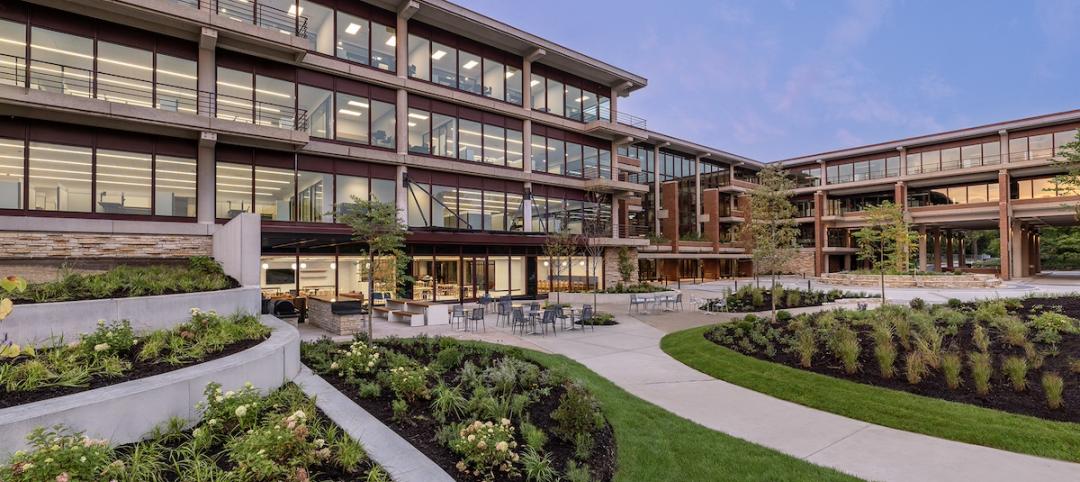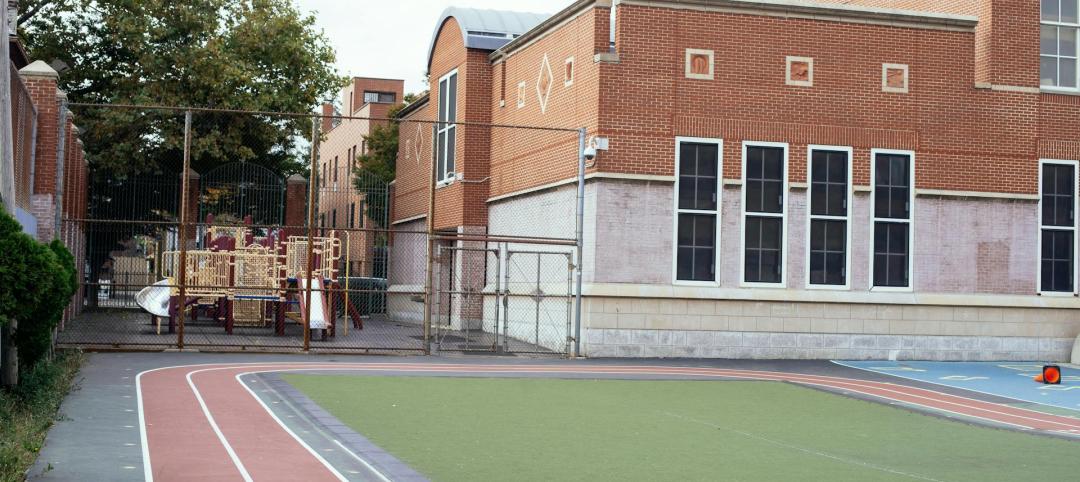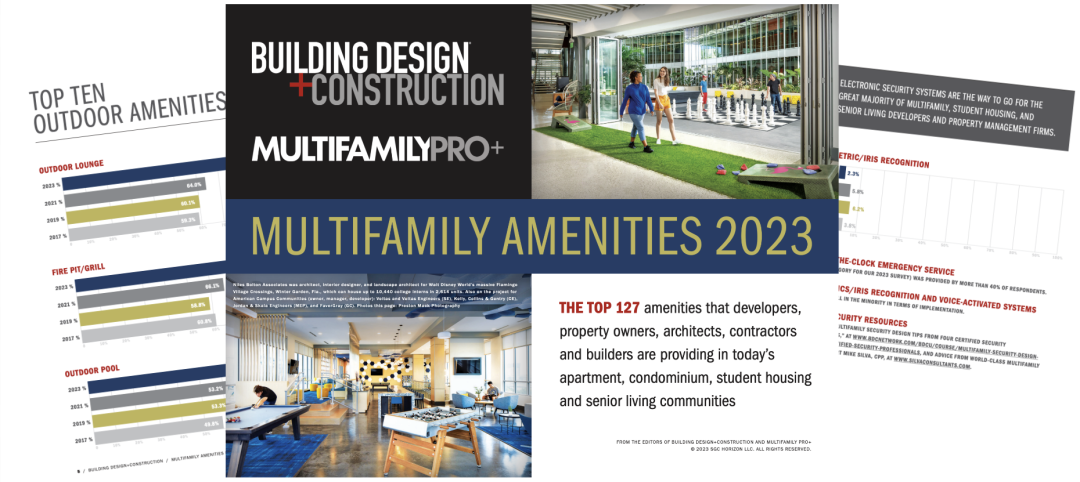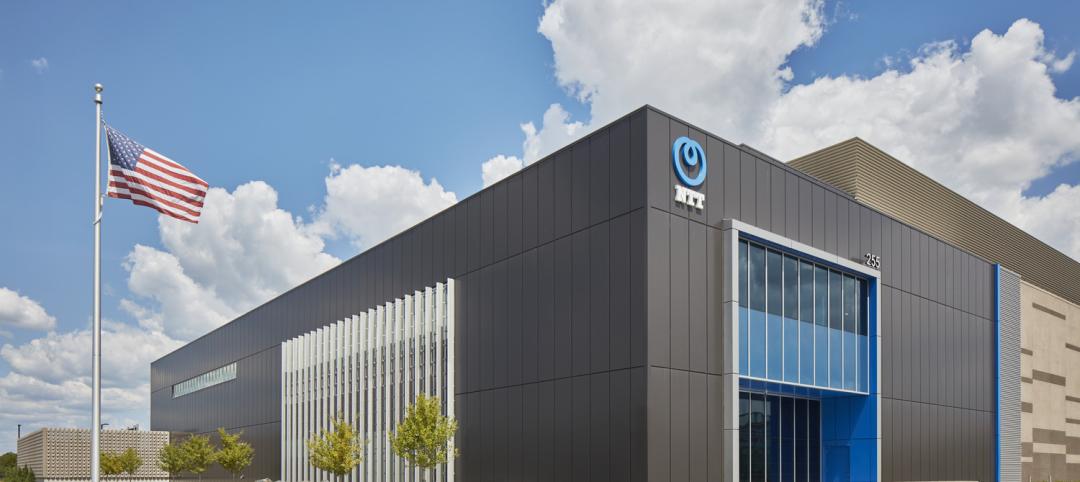Claims, disputes, arbitration, litigation: these are dreaded procedural pitfalls that often dog construction projects large and small. Not only are they time-consuming to work through, but they’re costly, too: The National Research Council estimates that $4B to $11B is spent annually in resolving these cases in the U.S. market.
At the North American office of Rider Levett Bucknall, the approach we take to avoid or minimize the number of conflicts that end up in post-project arbitration or litigation dispute often centers on using Project Neutrals or independent Dispute Review Boards (DRB).
These individuals are trained, neutral advisors who focus solely on the project, not on any one party’s position. Part psychiatrist, part negotiator, DRBs and Project Neutrals understand, manage, and resolve conflicts caused by normal construction processes in order to avoid disputes. They work with owners, architects, contractors, and consultants to transition the industry-collective mindset from conflict to conflict resolution, and ultimately to dispute avoidance.
Here are five core practices that Project Neutrals and DRBs utilize to keep the peace, while keeping a project on-track.
1. Develop trusting relationships with each stakeholder. When trust levels are high, people tend to be less defensive and are more willing to share information to help find a mutually acceptable solution to a problem. If parties mistrust one another, they often act defensively, focusing solely on their own needs and interests. Creating a working relationship that is trust-based makes conflict management and resolution easier.
2. Play an active, integrated role in the overall project team. If you want to be prepared to handle conflicts, it’s important not to sit passively on the sidelines during the design and construction process. Connecting regularly—through meetings, emails, and phone calls—with key players from the start of a project can establish you as a familiar, concerned, and impartial presence, rather than a biased opportunist or outlier.
3. Communicate clearly. The sheer quantity of documentation and communication generated by construction projects can be massive; the quality of those documents, in terms of clarity and meaning, can be ambiguous, inflammatory, or even overwhelming. Using simple and considerate language can avoid small misunderstandings—and keep them from escalating into major conflicts.
4. Treat all parties equally and fairly. If you demonstrate competence, honesty, and respect for the project and all its stakeholders, people will be confident in your ability to protect their interests and provide fair advice, recommendations, and guidance. This empowers each party to be open to conflict resolution, secure in the knowledge that, if necessary, you can be relied upon to provide sincere and balanced feedback.
5. Serve as a resource to help stakeholders explore mutually acceptable solutions.It’s not easy to challenge the traditionally adversarial culture of the construction industry. If you present people with reasonable and effective options to the expensive, ingrained blame game that pervades the business, you’ll earn the esteem of your professional colleagues and be recognized as a leader in the field.
Employed regularly, these fundamental dispute-avoidance techniques can bring a new harmony to construction projects, resulting in streamlined schedules and enhanced bottom lines.
About the Author: John T. Jozwick, Esq., is Senior Vice President and General Counsel for Rider Levett Bucknall North America. With more than 35 years in the industry, Jozwick provides advisory services to owners, contractors, subcontractors, design professionals, sureties, and attorneys relating to construction projects and disputes. He serves clients as an expert witness, provides alternative dispute resolution services as Arbitrator or Mediator, and provides construction dispute avoidance services as a Dispute Review Board member, Project Neutral, or Independent Certifier.
Related Stories
Market Data | Mar 6, 2024
Nonresidential construction spending slips 0.4% in January
National nonresidential construction spending decreased 0.4% in January, according to an Associated Builders and Contractors analysis of data published today by the U.S. Census Bureau. On a seasonally adjusted annualized basis, nonresidential spending totaled $1.190 trillion.
MFPRO+ Special Reports | Mar 6, 2024
Top 10 trends in senior living facilities for 2024
The 65-and-over population is growing faster than any other age group. Architects, engineers, and contractors are coming up with creative senior housing solutions to better serve this burgeoning cohort.
Office Buildings | Mar 5, 2024
Former McDonald’s headquarters transformed into modern office building for Ace Hardware
In Oak Brook, Ill., about 15 miles west of downtown Chicago, McDonald’s former corporate headquarters has been transformed into a modern office building for its new tenant, Ace Hardware. Now for the first time, Ace Hardware can bring 1,700 employees from three facilities under one roof.
Green | Mar 5, 2024
New York City’s Green Economy Action Plan aims for building decarbonization
New York City’s recently revealed Green Economy Action Plan includes the goals of the decarbonization of buildings and developing a renewable energy system. The ambitious plan includes enabling low-carbon alternatives in the transportation sector and boosting green industries, aiming to create more than 12,000 green economy apprenticeships by 2040.
MFPRO+ News | Mar 1, 2024
Housing affordability, speed of construction are top of mind for multifamily architecture and construction firms
The 2023 Multifamily Giants get creative to solve the affordability crisis, while helping their developer clients build faster and more economically.
K-12 Schools | Feb 29, 2024
Average age of U.S. school buildings is just under 50 years
The average age of a main instructional school building in the United States is 49 years, according to a survey by the National Center for Education Statistics (NCES). About 38% of schools were built before 1970. Roughly half of the schools surveyed have undergone a major building renovation or addition.
MFPRO+ Research | Feb 28, 2024
New download: BD+C's 2023 Multifamily Amenities report
New research from Building Design+Construction and Multifamily Pro+ highlights the 127 top amenities that developers, property owners, architects, contractors, and builders are providing in today’s apartment, condominium, student housing, and senior living communities.
AEC Tech | Feb 28, 2024
How to harness LIDAR and BIM technology for precise building data, equipment needs
By following the Scan to Point Cloud + Point Cloud to BIM process, organizations can leverage the power of LIDAR and BIM technology at the same time. This optimizes the documentation of existing building conditions, functions, and equipment needs as a current condition and as a starting point for future physical plant expansion projects.
Data Centers | Feb 28, 2024
What’s next for data center design in 2024
Nuclear power, direct-to-chip liquid cooling, and data centers as learning destinations are among the emerging design trends in the data center sector, according to Scott Hays, Sector Leader, Sustainable Design, with HED.
Windows and Doors | Feb 28, 2024
DOE launches $2 million prize to advance cost-effective, energy-efficient commercial windows
The U.S. Department of Energy launched the American-Made Building Envelope Innovation Prize—Secondary Glazing Systems. The program will offer up to $2 million to encourage production of high-performance, cost-effective commercial windows.
















